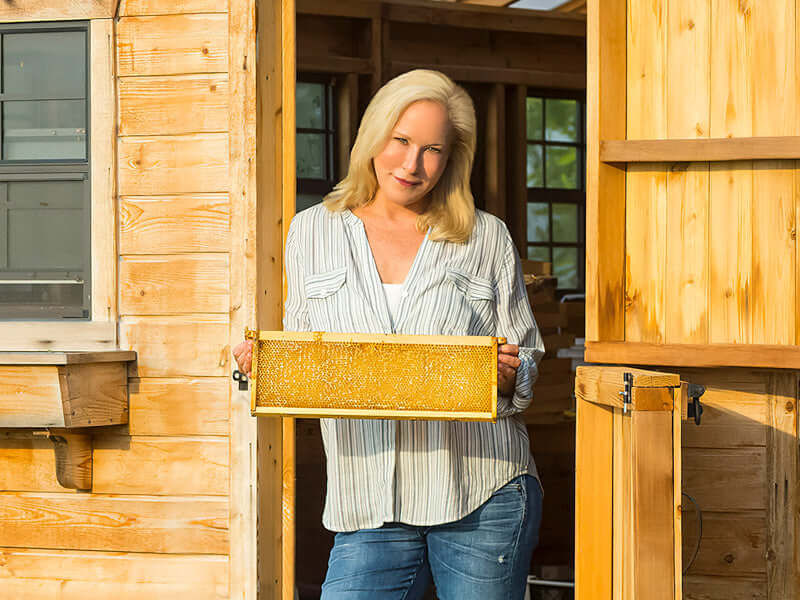Everyone who likes rules, raise your hand.
I don’t see any hands.
Beekeeping Rules and Regulations
When Dale told me that I had to set up a hive inspection I was a little annoyed. Why on earth would it be necessary to have my hive inspected? I knew that we were following all the “rules”. I suspected “they” wanted to tax my bees. What a relief: the Department of Agriculture runs the beehive inspection program, not the IRS.
In the last number of years wild honeybees have become extinct and managed bee colonies have taken on the role of pollinating crops. Managed bee colonies pollinate a good portion of the $40-50 million dollars of Maryland crops annually. When bad bees are brought into the state, disease can spread quickly from apiary to apiary. Registered hives enable the Department of Agriculture to inspect and help prevent the spread of disease between colonies, and advise beekeepers on current and proper protocols for treating disease.
Regulations
Most states require you to register your hives with your state Department of Agriculture and it’s a smart thing to do. When your hives are registered, the bee inspector gets to know you and your hives and he’s there to help if there are problems. When rogue beekeepers bring diseased bees and hives into your area, it impacts your food supply. Research documents that bees are key to the generation of one third of our food supply. In farming communities like Maryland’s Eastern Shore, most folks live off locally grown produce pollinated by locally managed bee colonies.
I procrastinated and have not yet scheduled an inspection – despite my diligence to conscientious beekeeping. Now that I’ve suffered through the loss of stolen bees, I wish my hives were registered; the bee inspector might have already spotted my stolen honey super in someone else’s bee yard.
LAWS: The consequences for bee-napping in Maryland are significant – imprisonment as well as restoration. Who knew? It’s very straightforward. A healthy and productive beehive can be valued at more than $4,000. When crops (like sunflowers) are planted to support the hives, the cost of the support crops is also factored into the loss. Since crimes in excess of $1,000 in value are defined as felonies, bee-napping generally reaches felony status. A person found guilty of a felony can face imprisonment for up to 10 years and is required to restore the property taken or pay the owner the value of the property.
In addition to registering your hives and getting to know your local bee inspector, I encourage you, again, to be sure that every part of your hive, inside and out contains ownership identification.
Read up (sources for the above article)
Maryland State Apiary Inspection
Maryland State Apiary Registration
Maryland Code
In my next blog post, I'll be covering the topic of "Honey as medicine".











